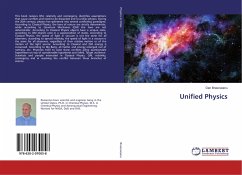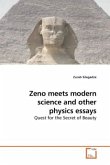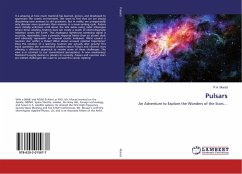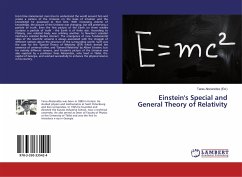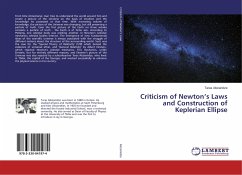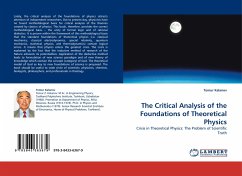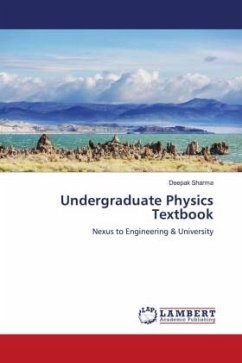Zeno and Galileo is effectively a study in the ontology of movement. It is based on the physical research of movement in Greco-Roman civilization and Western-European civilization, but it touches the movement in their arts and literature, also. The basic difference between those two civilizations is their approach to the causality principle: "Every object has its cause" - think people in the Greco-Roman world, but "Every change of the state of the object has its cause" - think Westerners. This leads to the world of the static balance of Greco-Roman civilization and to the world of the dynamic balance of the West. It is noticed, also, that the world of static balance is the characteristic of all pristine civilizations (Egyptian, Chinese and Indian, for instance) and that Western civilization is the only civilization which produced the World of dynamical balance. But generally, the book is engaged in commenting on several Galileo's real and thought experiments and comparing them toZeno's paradoxes and Archimedes' trial (not experiment!) with lenses. There is also a study of Quantum Mechanics and Theory of Relativity from the point of view of two variants of the causality principle.
Bitte wählen Sie Ihr Anliegen aus.
Rechnungen
Retourenschein anfordern
Bestellstatus
Storno


